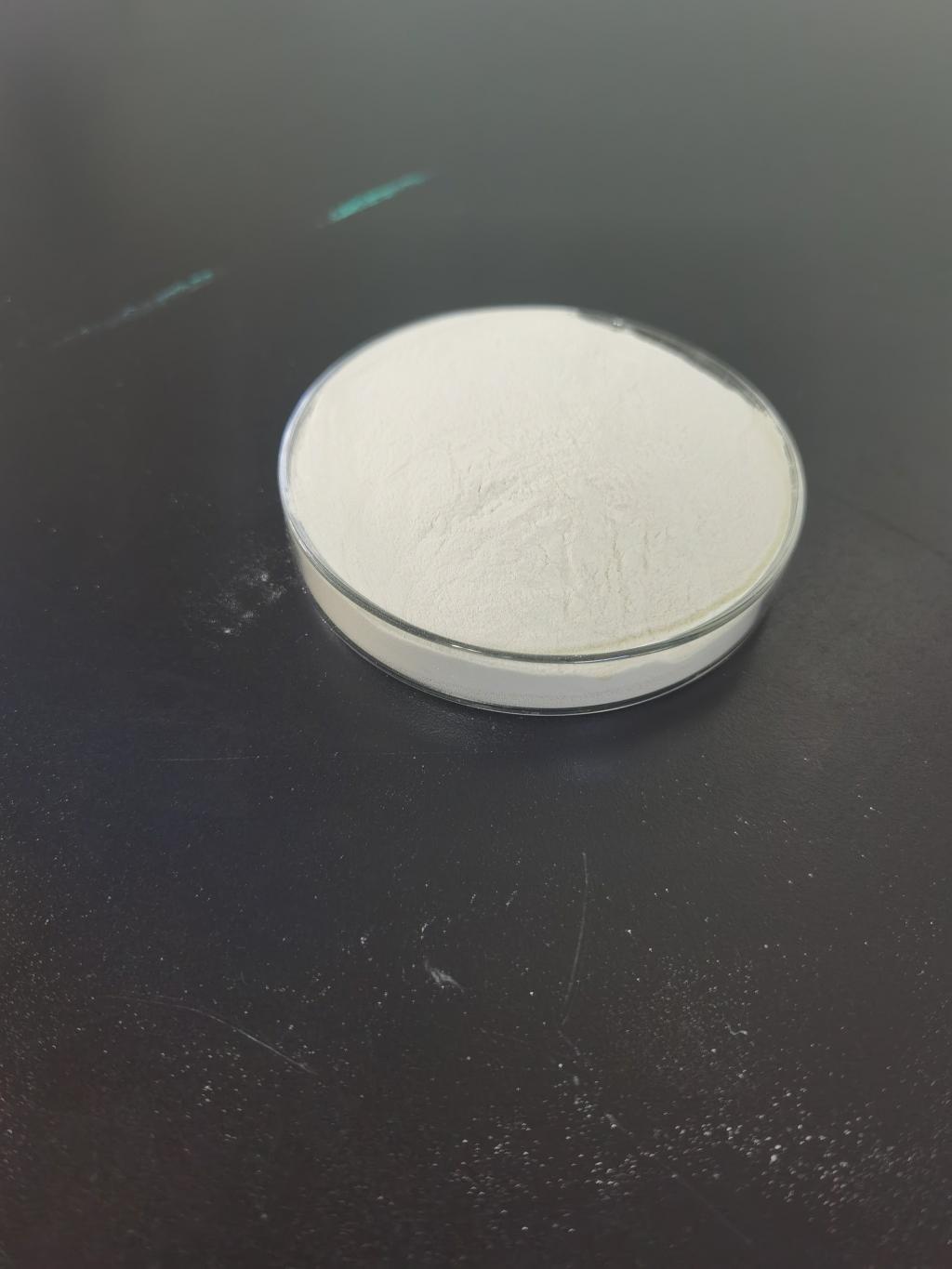Tel:+8618231198596

News
 CONTACT
CONTACT
 CONTACT
CONTACT
- Linkman:Linda Yao
- Tel: +8618231198596
- Email:linda.yao@dcpharma.cn
- Linkman:CHARLES.WANG
- Department:Overseas
- Tel: 0086 0311-85537378 0086 0311-85539701
News
Nisin's potential in controlling spoilage in refrigerated meat products is being explored.
TIME:2024-08-23
Understanding Nisin
Nisin is a bacteriocin, a type of antimicrobial peptide produced by the lactic acid bacteria Lactococcus lactis. It is effective against a wide range of Gram-positive bacteria, including those responsible for food spoilage and foodborne illness, such as Listeria monocytogenes and Staphylococcus aureus. Nisin's mode of action involves binding to the lipid II precursor of the bacterial cell wall, disrupting cell membrane integrity, and ultimately leading to cell death.
Spoilage in Refrigerated Meat Products
Spoilage of refrigerated meat products is primarily caused by the growth of spoilage microorganisms, which include both Gram-positive and Gram-negative bacteria. These microorganisms can cause off-flavors, odors, and discoloration, making the products unappealing and unsafe for consumption. The challenge lies in controlling these microorganisms without compromising the quality and sensory attributes of the meat products.
Nisin's Role in Controlling Spoilage
1. Efficacy Against Spoilage Microorganisms
Nisin is particularly effective against Gram-positive bacteria, which are common spoilage organisms in refrigerated meat products. By inhibiting the growth of these microorganisms, nisin can significantly extend the shelf life of meat products, reducing the risk of spoilage and food waste.
2. Minimal Impact on Sensory Attributes
Unlike some chemical preservatives, nisin has minimal impact on the sensory attributes of food products. This means that the flavor, texture, and appearance of refrigerated meat products remain largely unchanged, making nisin a preferred choice for maintaining product quality.
3. Synergistic Effects with Other Antimicrobials
Nisin can be used in conjunction with other natural antimicrobials, such as essential oils or lactic acid bacteria, to achieve a broader spectrum of antimicrobial activity. This synergistic approach can further enhance the control of spoilage in refrigerated meat products.
4. Safety and Consumer Acceptance
As a natural preservative, nisin is generally recognized as safe (GRAS) by regulatory agencies, such as the U.S. Food and Drug Administration (FDA). Its natural origin and safety profile make it an attractive option for consumers who are increasingly seeking minimally processed and natural food products.
Applications of Nisin in Refrigerated Meat Products
1. Processed Meats
Nisin is commonly used in processed meats, such as deli meats and sausages, to inhibit the growth of spoilage bacteria and pathogenic microorganisms. It can be added directly to the meat mixture during processing or applied as a surface treatment after cooking.
2. Poultry Products
Poultry products, especially refrigerated chicken and turkey, are susceptible to spoilage due to the growth of microorganisms. Nisin can be used as a surface treatment to control spoilage and extend shelf life without altering the sensory characteristics of the products.
3. Ready-to-Eat (RTE) Meat Products
RTE meat products, such as sliced hams and cold cuts, benefit greatly from nisin treatment. These products are often stored at refrigerated temperatures and can be contaminated with spoilage microorganisms during handling and packaging. Nisin helps maintain product safety and quality throughout the distribution chain.
Challenges and Future Directions
Despite the potential of nisin in controlling spoilage in refrigerated meat products, there are some challenges to overcome. These include ensuring consistent efficacy across different types of meat products and addressing the potential development of microbial resistance. Research into the optimal concentrations of nisin and its combinations with other antimicrobials is ongoing to improve its effectiveness.
Conclusion
Nisin represents a valuable tool in the fight against spoilage in refrigerated meat products. Its natural origin, safety, and minimal impact on sensory attributes make it a preferred choice for food manufacturers and consumers alike. As research continues to explore new applications and combinations, the potential of nisin in ensuring food safety and extending shelf life becomes even more promising.
- Tel:+8618231198596
- Whatsapp:18231198596
- Chat With Skype







